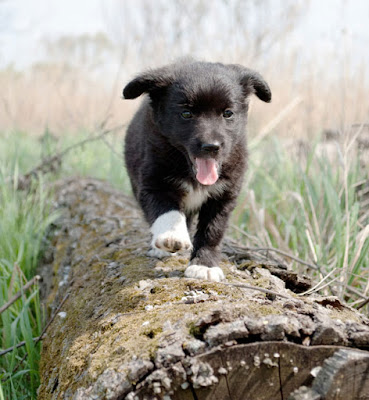Why You Need to Socialize Your Puppy

The importance of socialization can’t be stressed enough. Here's how we know - and what it means for puppy owners. By Zazie Todd, PhD This page contains affiliate links which means I may earn a commission on qualifying purchases at no cost to you. These days, more and more people understand that puppies need to be socialized. But sometimes people wonder, how do we know this? It’s based on classic research in canine science. What does science tell us about the need to socialize puppies? Many papers contribute to our understanding of puppies. In 1950, J.P. Scott and Mary-‘Vesta Marston published a study of 17 litters, including the earliest age at which they opened their eyes for the first time, began to walk, and engaged in play. They hypothesized there were critical periods in canine development. In 1959, C.J. Pfaffenberger and J.P. Scott noticed that puppies being raised to be guide dogs were more likely to fail their training if they were kept in kennels for l...




